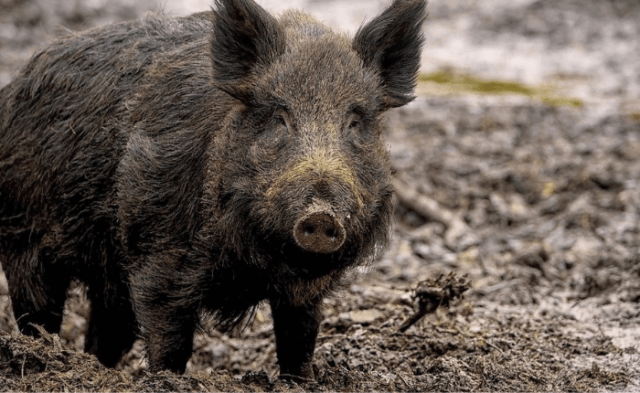A TV spot for a fishing website ends with a little boy—no older than 3 or 4—staring at a dead sunfish and mumbling, “It’s beautiful.”
What’s wrong with that picture?
Everything.
I checked several dictionaries, and none of them defined “beautiful” as skewering intelligent, social animals through the mouth, tearing them away from their home, and watching them contort in terror and pain until their gills collapse and they suffocate.
Fishing isn’t what the industry and people who push it would have us believe. It’s cruel and violent—and it’s never been a tradition for this dad. When I spend time with my sons and grandkids, it’s to share the life-affirming beauty of nature, not to revel in its destruction.
Experience was my teacher.
I can still see my rod snapping into an inverted “U” shape the morning I hooked a flounder from a Virginia pier that seemed to sit miles above the ocean. I wasn’t a whole lot older than that boy in the commercial, and my uncle had to reel in the fish for me—impaled through the mouth and pulled up, up, and up into a bucket. Like that boy, I didn’t know better.
Years later, when I did know better—that the bass, trout, catfish, spot, and croakers I was killing were terrified and fighting for their lives—I’d put on my blinders and head for the water anyway.
That changed when I could no longer ignore what was so patently obvious: Fish feel pain. Science backs me up.
Researchers at the University of Glasgow who studied pain receptors in fish determined that they are strikingly similar to those of mammals and concluded that “fish do have the capacity for pain perception and suffering.” Another study, by the University of Edinburgh’s Roslin Institute, looked at the reaction of rainbow trout to “noxious stimulation” and found that fish “experience suffering.”
I got rid of my rod and reel years ago. Other findings confirm that I did the right thing.
A researcher at Sydney’s Macquarie University determined that the cognitive powers of fish “match or exceed those of ‘higher’ vertebrates including non-human primates” in many areas, such as memory. At the University of Leeds, a researcher found that while some fish live in large hierarchical societies and others in smaller family units, these “social aggregations” act as a sort of communication center for them to exchange information. Fish use a range of low-frequency sounds to court members of the opposite sex and to communicate everything from delight to alarm. Biologists wrote in Fish and Fisheries that fish are “steeped in social intelligence, pursuing Machiavellian strategies of manipulation, punishment and reconciliation.”
When it comes to collaboration, fish rival any primate in picking a partner. In a paper published by Current Biology, researchers wrote that coral trout recruited the moray eel who was best suited to help them obtain prey hiding in a crevice and used a series of shakes and headstands to point their ally to dinner!
Research conducted at the University of Oxford and the University of Queensland in Australia determined that fish recognize human faces—an ability they share with dogs, sheep, and crows. One scientist called it a “surprisingly difficult task.”
That’s something to marvel at, not destroy.
So here are a few outdoor activities that don’t involve cruelty and violence: Go snorkeling or trash fishing. Climb into a canoe or kayak. Find a pond or stream and wait—you’ll be amazed by what you see, simply by gazing into the water. (Tip: Wear polarized sunglasses.) You’ll also be astonished by the activity at the water’s surface around sunrise or dusk, when fish are feeding.
It’s beautiful.





